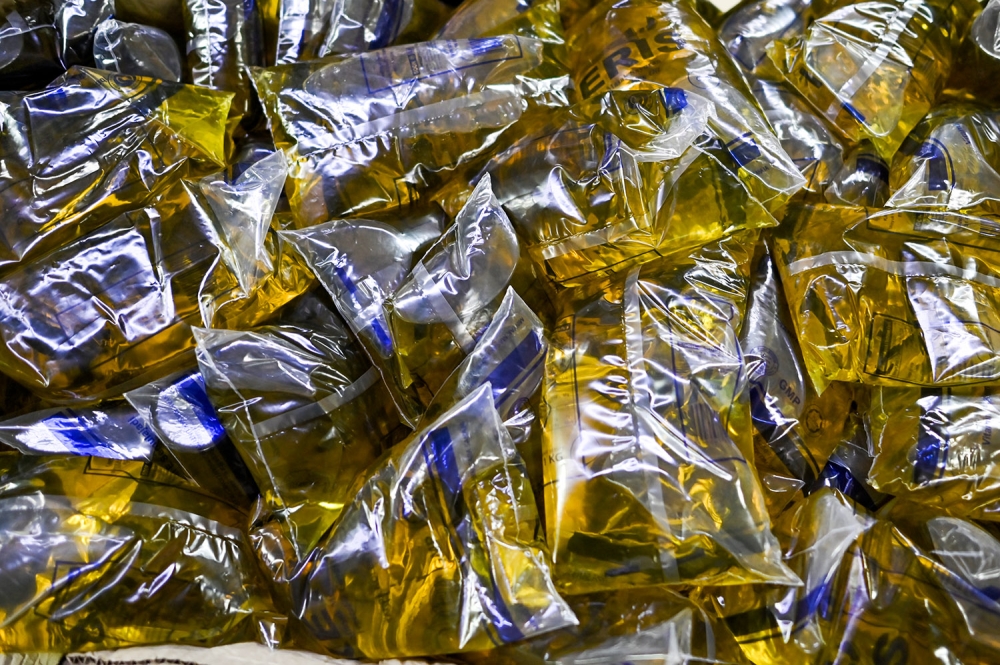KOTA KINABALU, May 3 — Concerned with the fungal infection afflicting the shark population on Sipadan, Sabah Parks with the help of University Malaysia Sabah dispatched a team to capture sharks for a study on the matter.
Sabah Parks director Maklarin Lakim said that they were working with the university’s Borneo Marine Research Institute (BMRI) to investigate the occurrence, collect samples and identify the shark disease at Sipadan Island Park.
“We are looking to catch as many specimens as possible, but it depends on our capture success, and time spent,” he said.
According to BMRI associate professor Dr Mabel Manjaji Matsumoto, the team spent five days on Sipadan trying to capture the sharks for sampling.
“Unfortunately we didn’t have any luck in capturing any sharks. The divers in the team saw a few of the afflicted sharks but we don’t know for sure how many. We will try again after Raya. Maybe in June,” she said.
Mabel said the study was aimed at getting a scientific confirmation of the disease and its causes.
“If we can get shark specimens, we will surely at least be able to find out the pathogenic cause of the lesions. At this stage, we can’t say because we have no specimens. Nevertheless, we are looking at historical data of the water temperature at Sipadan and adjacent waters at the Tun Sakaran Marine Park and its increase,” she said.
The field team involved three people from BMRI — Matsumoto, Rafidah Othman and Muhammad Ali Syed Hussein, Davies Spiji from Reef Guardian and a team from Sabah Parks led by Adam Malik Masidi.
“We have arranged for any sharks caught to be transferred to SP’s facility in Bohey Dulang, in a cage pen,” she said.
Open wounds and white patches were first noticed on the whitetip reef sharks of Sipadan last year. Divers reported that the situation has gotten more severe over the last year with most sharks having the same condition.
Experts say it is a chronic natural disease — a fungal infection known as fusariosis that attacks weak immune systems. These can be brought about by changes in the environment such as temperature, salinity, pH and pollution.
In the Sipadan case, it is most likely due to the warm water spell.
Sipadan, off the east coast of Sabah, near the town of Semporna, is a world-renowned scuba diving spot that is home to a big population of sharks, turtles and big schools of fish, among others.
Over the years, the shark population has been depleted by illegal fish bombing and shark finning by the local fishing industry.



















